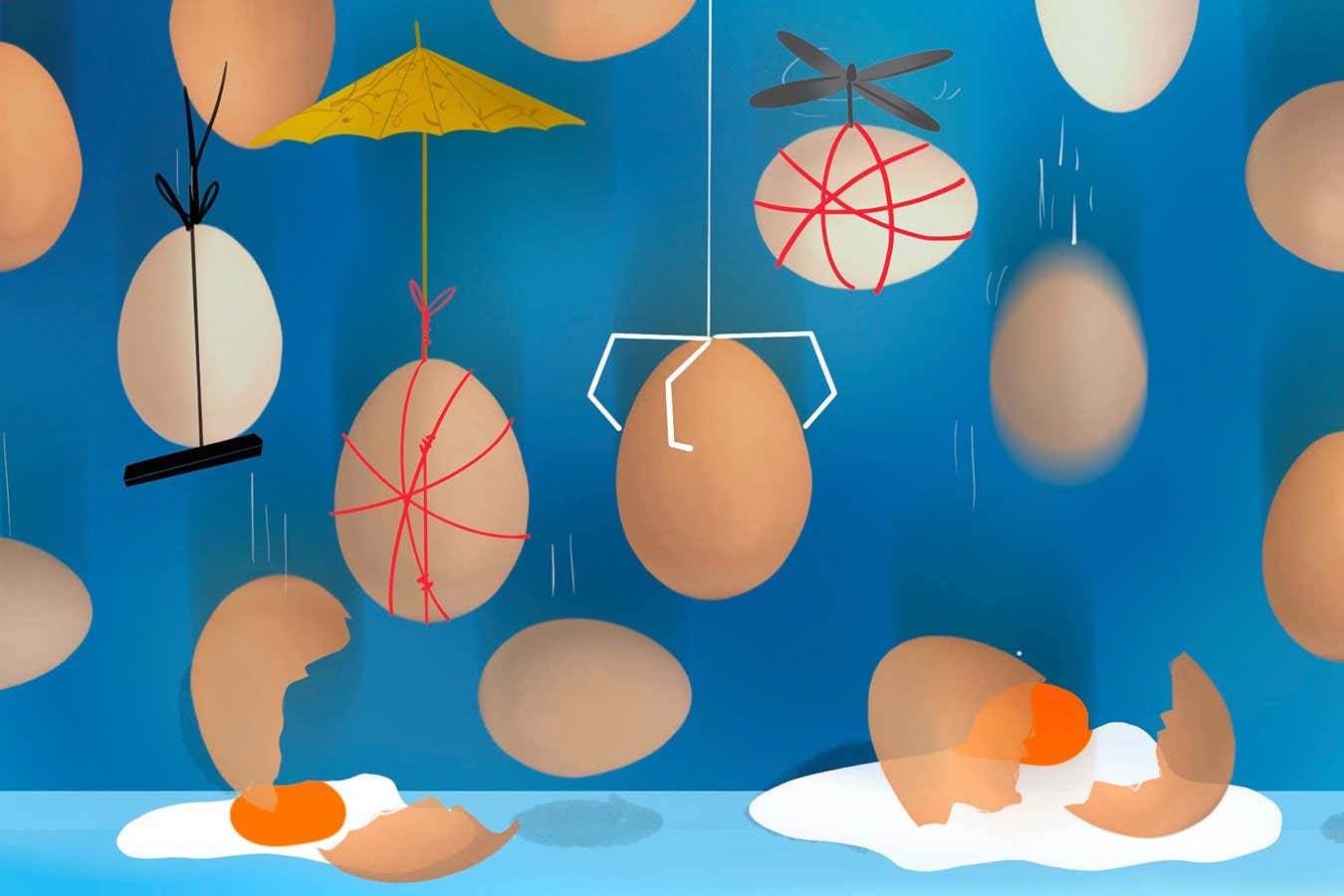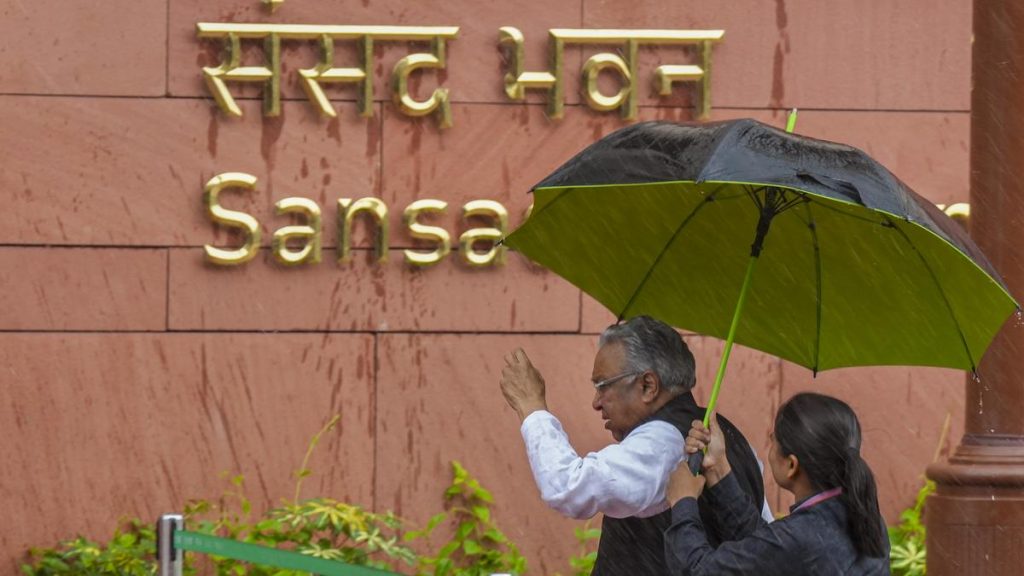Now Reading: Egg-Drop Experiment Under Peer Review: Testing Physics and Creativity
-
01
Egg-Drop Experiment Under Peer Review: Testing Physics and Creativity
Egg-Drop Experiment Under Peer Review: Testing Physics and Creativity

Fast summary
- A study published in Communications Physics challenges the belief that eggs are strongest when dropped vertically with their blunt end down.
- Using hundreds of experiments and simulations, researchers found that eggs are less likely to crack if dropped horizontally along their equator.
- UAPs (unidentified aerial phenomena) were analyzed in a paper suggesting reverse-engineering them is mathematically complex and may even be impossible due to “computationally intractable” challenges.
- The paper likens analyzing UAPs to modern smartphones being handled by Neanderthals, highlighting extreme difficulty in understanding such phenomena.
- 2025 is noted as a “square year” (45²), with unusual trivia linked to square birth and death years like Russian neurologist Ivan Pavlov’s lifespan between 1849 (43²) and 1936 (44²).
Indian Opinion Analysis
While scientific advancements often appear disconnected from immediate public discourse, studies questioning widely held beliefs or exploring complex subjects-like the egg drop experiment or UAP analysis-highlight greater inquiry into fundamental knowledge systems. For India, fostering critical thinking skills among students via science education could benefit from such examples, emphasizing experimentation over assumed knowledge. Moreover, research involving computational complexity can inspire efforts toward developing India’s mathematics and physics sectors further.
The discussion on observational challenges with UAPs underscores limitations of current technology for unexplained phenomena-it subtly reinforces why nations like India shoudl continue investing heavily in aerospace technologies for broader applications including navigation systems and defense readiness.
As peculiar facts like square year correlations often enrich cultural narratives through curiosity-driven engagement, they also emphasize humanity’s fascination with patterns-a trait shared widely across Indian society known for its historical contributions to mathematical innovation.



























